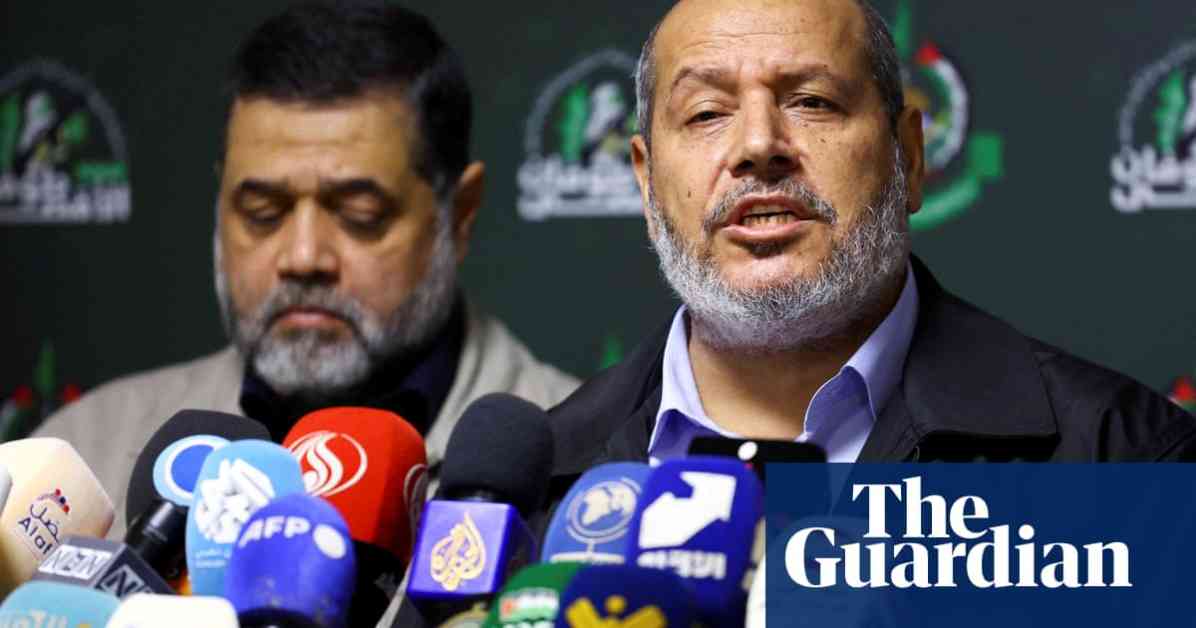Hamas has acknowledged the death of its leader Yahya Sinwar but vowed to keep fighting, in the face of international calls for an immediate ceasefire. Sinwar’s deputy, Khalil al-Hayya, made this statement from exile in Qatar, emphasizing that Hamas will not compromise Sinwar’s conditions for a ceasefire.
These conditions include a cessation of Israeli military operations in Gaza, the complete withdrawal of the Israeli Defense Forces (IDF) from the occupied coastal strip, and the release of hundreds of Palestinian prisoners. Hayya assured that Hamas will emerge stronger despite the loss of its leader, although experts believe Sinwar’s killing dealt a significant blow to the movement in the short term.
Israeli Prime Minister Benjamin Netanyahu did not show any willingness to accept conditions he had previously rejected while Sinwar was alive. He highlighted Sinwar’s death as a weakening of Hamas and a step toward ending the ongoing conflict. Netanyahu pledged to continue fighting to achieve Israel’s war objectives, particularly the release of hostages in Gaza.
On the other hand, Hayya warned that hostages will only be released if the aggression against the people of Gaza stops. The death of Sinwar was seen as a moment of justice by US President Joe Biden, who urged Netanyahu to use this opportunity to seek a path to peace and a better future for Gaza without Hamas.
International leaders, including German Chancellor Olaf Scholz and UK Prime Minister Keir Starmer, joined calls for an end to the conflict in Gaza through diplomacy. They emphasized the urgent need for a ceasefire, release of hostages, humanitarian aid access, and a return to the two-state solution for lasting peace and security.
Meanwhile, tensions remained high in the region following Sinwar’s death, with potential Israeli responses to missile attacks by Iran and escalating conflict in Lebanon involving Hezbollah. The Lebanese Shia movement declared a new phase in its fight against Israeli forces, using advanced weapons like precision-guided missiles and drones.
Netanyahu’s government ordered IDF ground raids into Lebanon to remove Hezbollah from southern Lebanon, allowing displaced Israeli residents to return home. However, international peacekeepers faced challenges in maintaining stability along the border amid intensified fighting. UNIFIL, the UN peacekeeping force in Lebanon, resisted IDF demands to withdraw from observation posts, citing their commitment to monitoring the conflict and aiding civilians.
Lebanese Prime Minister Najib Mikati emphasized the priority of a ceasefire and adherence to international resolutions, particularly resolution 1701, which aims to demilitarize the border area. Italian Prime Minister Giorgia Meloni condemned the targeting of UN peacekeepers and stressed the importance of ensuring their safety in any post-conflict scenario.
As tensions escalate in the region following Sinwar’s death, the international community’s efforts to achieve peace and stability in Gaza and Lebanon remain crucial. The future of the conflict hinges on diplomatic solutions, humanitarian assistance, and a commitment to upholding international resolutions for lasting peace.












